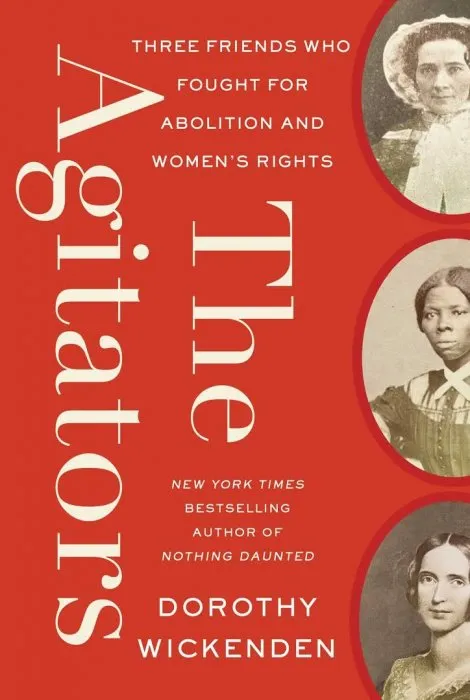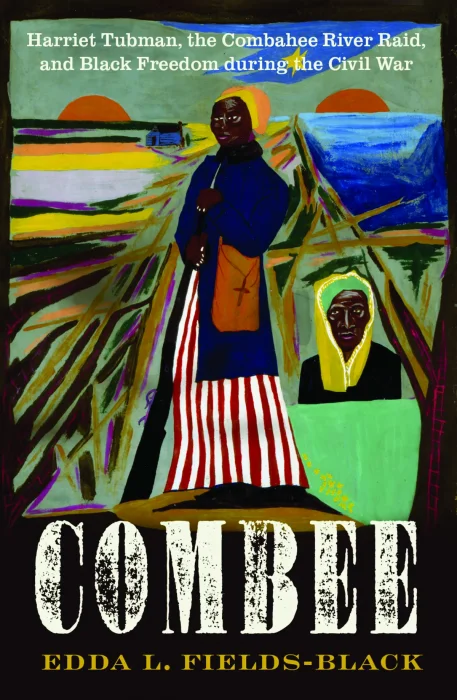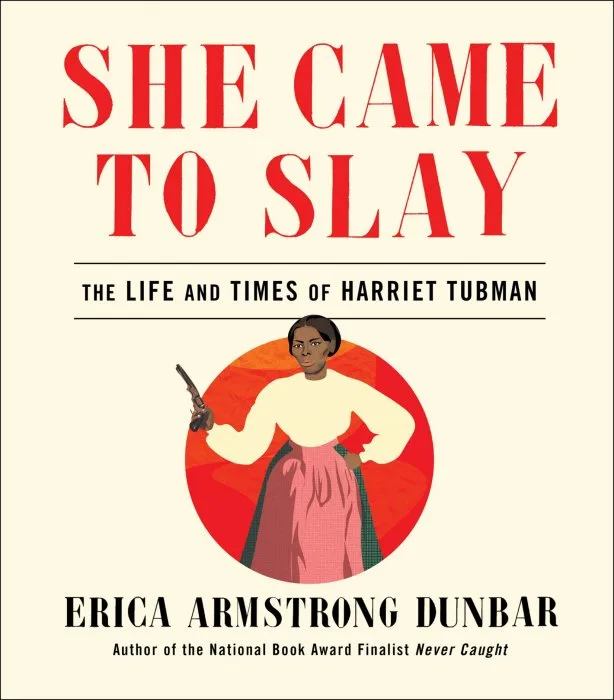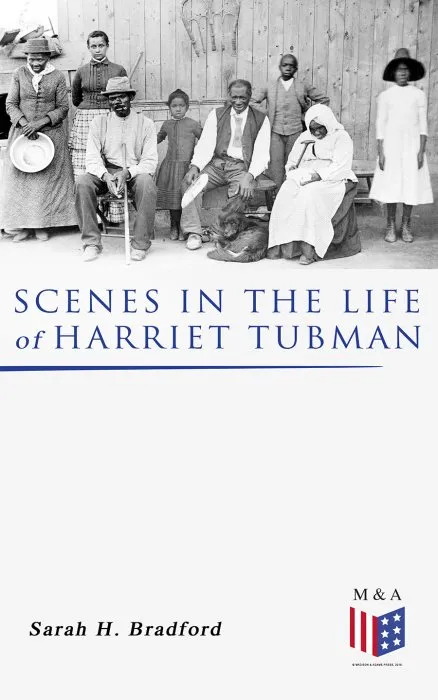The Agitators: Three Friends Who Fought for Abolition and Women's Rights

Date: March 30th, 2021
ISBN: 147676073X
Language: English
Number of pages: 400 pages
Format: EPUB
Add favorites
From the intimate perspective of three friends and neighbors in mid-nineteenth century Auburn, New York—the "agitators" of the title—acclaimed author Dorothy Wickenden tells the fascinating and crucially American stories of abolition, the underground railroad, the early women's rights movement, and the Civil War.
Harriet Tubman—no-nonsense, funny, uncannily prescient, and strategically brilliant—was one of the most important conductors on the underground railroad and hid the enslaved men, women and children she rescued in the basement kitchens of Martha Wright, Quaker mother of seven, and Frances Seward, wife of Governor, then Senator, then Secretary of State William H. Seward.
Harriet worked for the Union Army in South Carolina as a nurse and spy, and took part in a river raid in which 750 enslaved people were freed from rice plantations. Martha, a "dangerous woman" in the eyes of her neighbors and a harsh critic of Lincoln's policy on slavery, organized women's rights and abolitionist conventions with Susan B. Anthony and Elizabeth Cady Stanton. Frances gave freedom seekers money and referrals and aided in their education. The most conventional of the three friends, she hid her radicalism in public; behind the scenes, she argued strenuously with her husband about the urgency of immediate abolition.
Many of the most prominent figures in the history books—Lincoln, Seward, Daniel Webster, Frederick Douglass, Charles Sumner, John Brown, Harriet Beecher Stowe, William Lloyd Garrison—are seen through the discerning eyes of the protagonists. So are the most explosive political debates: about women's roles and rights during the abolition crusade, emancipation, and the arming of Black troops; and about the true meaning of the Declaration of Independence and the Constitution.
Beginning two decades before the Civil War, when Harriet Tubman was still enslaved and Martha and Frances were young women bound by law and tradition, The Agitators ends two decades after the war, in a radically changed United States. Wickenden brings this extraordinary period of our history to life through the richly detailed letters her characters wrote several times a week. Like Doris Kearns Goodwin's Team of Rivals and David McCullough's John Adams, Wickenden's The Agitators is revelatory, riveting, and profoundly relevant to our own time.
Harriet Tubman—no-nonsense, funny, uncannily prescient, and strategically brilliant—was one of the most important conductors on the underground railroad and hid the enslaved men, women and children she rescued in the basement kitchens of Martha Wright, Quaker mother of seven, and Frances Seward, wife of Governor, then Senator, then Secretary of State William H. Seward.
Harriet worked for the Union Army in South Carolina as a nurse and spy, and took part in a river raid in which 750 enslaved people were freed from rice plantations. Martha, a "dangerous woman" in the eyes of her neighbors and a harsh critic of Lincoln's policy on slavery, organized women's rights and abolitionist conventions with Susan B. Anthony and Elizabeth Cady Stanton. Frances gave freedom seekers money and referrals and aided in their education. The most conventional of the three friends, she hid her radicalism in public; behind the scenes, she argued strenuously with her husband about the urgency of immediate abolition.
Many of the most prominent figures in the history books—Lincoln, Seward, Daniel Webster, Frederick Douglass, Charles Sumner, John Brown, Harriet Beecher Stowe, William Lloyd Garrison—are seen through the discerning eyes of the protagonists. So are the most explosive political debates: about women's roles and rights during the abolition crusade, emancipation, and the arming of Black troops; and about the true meaning of the Declaration of Independence and the Constitution.
Beginning two decades before the Civil War, when Harriet Tubman was still enslaved and Martha and Frances were young women bound by law and tradition, The Agitators ends two decades after the war, in a radically changed United States. Wickenden brings this extraordinary period of our history to life through the richly detailed letters her characters wrote several times a week. Like Doris Kearns Goodwin's Team of Rivals and David McCullough's John Adams, Wickenden's The Agitators is revelatory, riveting, and profoundly relevant to our own time.
Download The Agitators: Three Friends Who Fought for Abolition and Women's Rights
Similar books
Information
Users of Guests are not allowed to comment this publication.
Users of Guests are not allowed to comment this publication.




